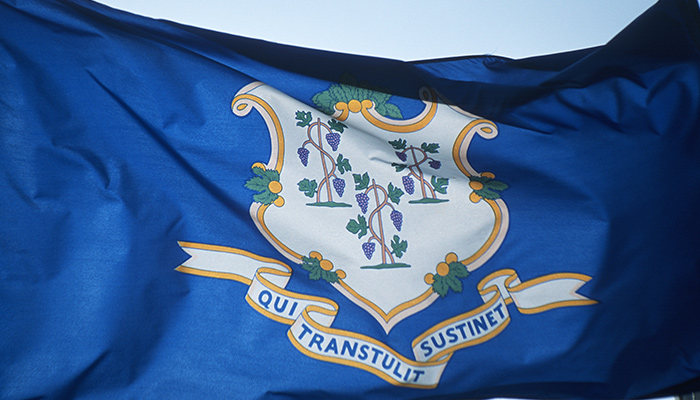
 Jane ShawMay 18, 2024Read More
Jane ShawMay 18, 2024Read More , Photo by Flickr
, Photo by Flickr
On 7th of August, expanding gambling provisions in the state of Connecticut took a turn for the worse with MGM Resorts International filing a lawsuit against the U.S. Interior Department.
The Associated Press reported that MGM is suing the federal government for its amendment that will allow two Indian tribes in Connecticut to develop a third casino in the state.
MGM’s lawsuit, which was filed in Washington D.C., accuses the governing body of permitting changes to the state’s deal with the Mashantucket Pequots and the Mohegans. The tribes will now be allowed to jointly operate and manage a casino, minus any competition, in East Windsor, Hartford County, Connecticut.
Since August 2018, MGM has operated a venue in Springfield, Massachusetts, and the new proposed casino is just 12 miles away from this location. Adding fuel to the fire, last week, the state legislature also filed a statement advocating to have a tribal casino in Bridgeport, a prime market place, which will attract considerably large traffic from Long Island and New York.
Previously, MGM had submitted its proposal for a gambling mecca in Bridgeport, but it didn’t come to fruition. In a statement, a representative of MGM said that the federal amendments were not limited to the East Windsor casino alone, adding:
They facilitate commercial, off-reservation gaming by the tribal joint venture anywhere in Connecticut and state legislators have recently proposed granting the joint venture an exclusive, no-bid license to operate a casino in Bridgeport, Connecticut. The amendment thus confers a statewide, perpetual competitive advantage on the joint venture.
The East Windsor site is not considered an off-reservation tribal casino. On the contrary, if it does come up, it will be the state’s first commercial casino and a joint venture between two federally recognized tribes,
MGM added.
Back in 2014, plans to develop a venue in East Windsor were initiated after both the tribes realized that the township would provide a great economical solution to bolster and safeguard jobs at their Foxwoods Resort Casino and Mohegan Sun venues. Currently, they employ an 18,000 strong labor force.
If reports are to be believed, leaders from both tribes have already sunk in approximately $20 million into their proposed $300 million East Windsor development through:
Connecticut’s deal with the tribes grants the latter sole rights to particular verticals, to be paid for with 25% of the revenue generated from their slot machines. Since just before the turn of the millennium, these games have brought in a staggering $8 billion to date in tax revenue.
MGM suggested a more competitive solution that would result in a win-win situation for everyone, least of all Connecticut’s residents. With an open approach, the casino operator said that the state could analyze competing proposals and select the organization that:
So, MGM has petitioned the court to cancel the Interior Department’s verdict.
Gov. Ned Lamont reiterated that Connecticut requires a gambling solution that will prevent complicated and long-drawn-out litigation. He had previously tried to convince the tribes to abandon their East Windsor plan in exchange for several financial advantages. However, the latter declined because they had already invested too much into the project to jettison it at that stage.
Now, the governor intends to develop a comprehensive gaming platform that will not only bolster the state’s gambling industry but will also safeguard it from potential legal entanglements.

 Jane ShawMay 18, 2024Read More
Jane ShawMay 18, 2024Read More
 Jane ShawMay 15, 2024Read More
Jane ShawMay 15, 2024Read More
 Jane ShawMay 13, 2024Read More
Jane ShawMay 13, 2024Read More
 Jane ShawMay 11, 2024Read More
Jane ShawMay 11, 2024Read More